In the aftermath of a car crash, children can feel anxious, nervous, and simply traumatized by the event. A car accident is a traumatic event which children usually associate with violence, and they deal with the trauma resulting from it a long time after it occurred. As a parent, your role is to help them deal with the trauma, assist them in managing their fears, and guide them through the moods and states they experience so they can recover in a healthy way.
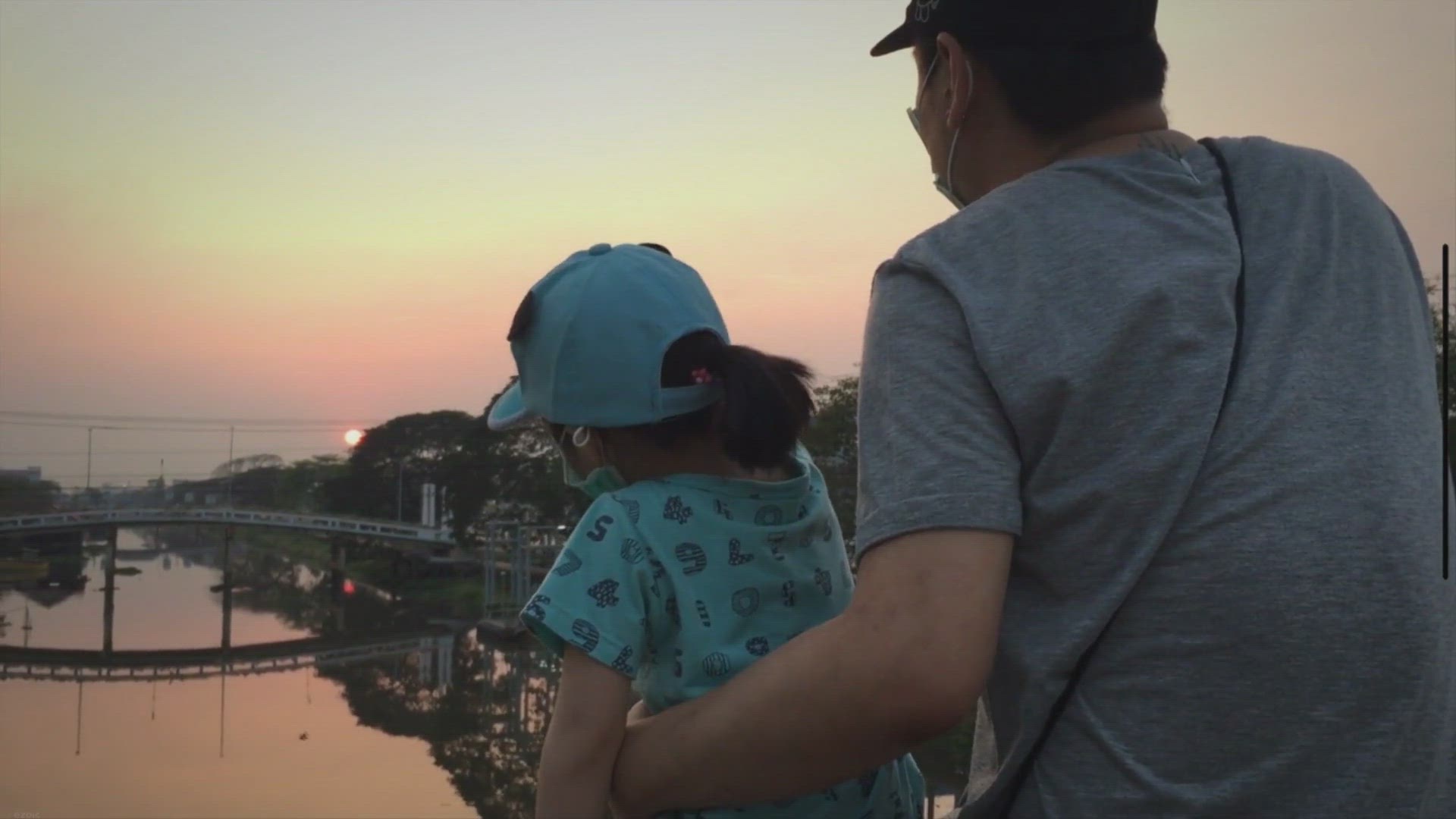
 10 Strategies for Coping with Divorce and Supporting Your Children
10 Strategies for Coping with Divorce and Supporting Your Children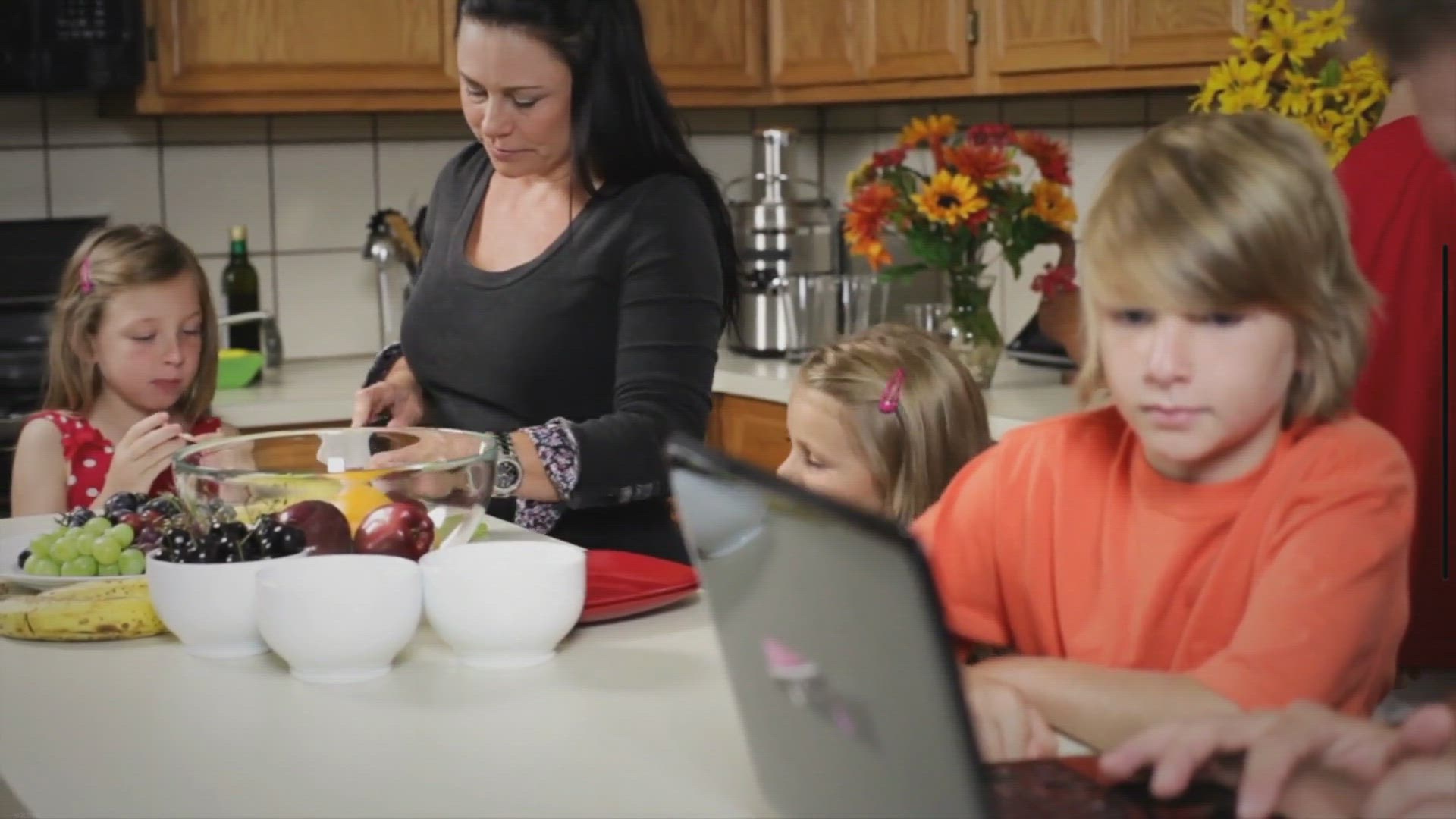
5 Tips for Helping Kids Cope with Stress
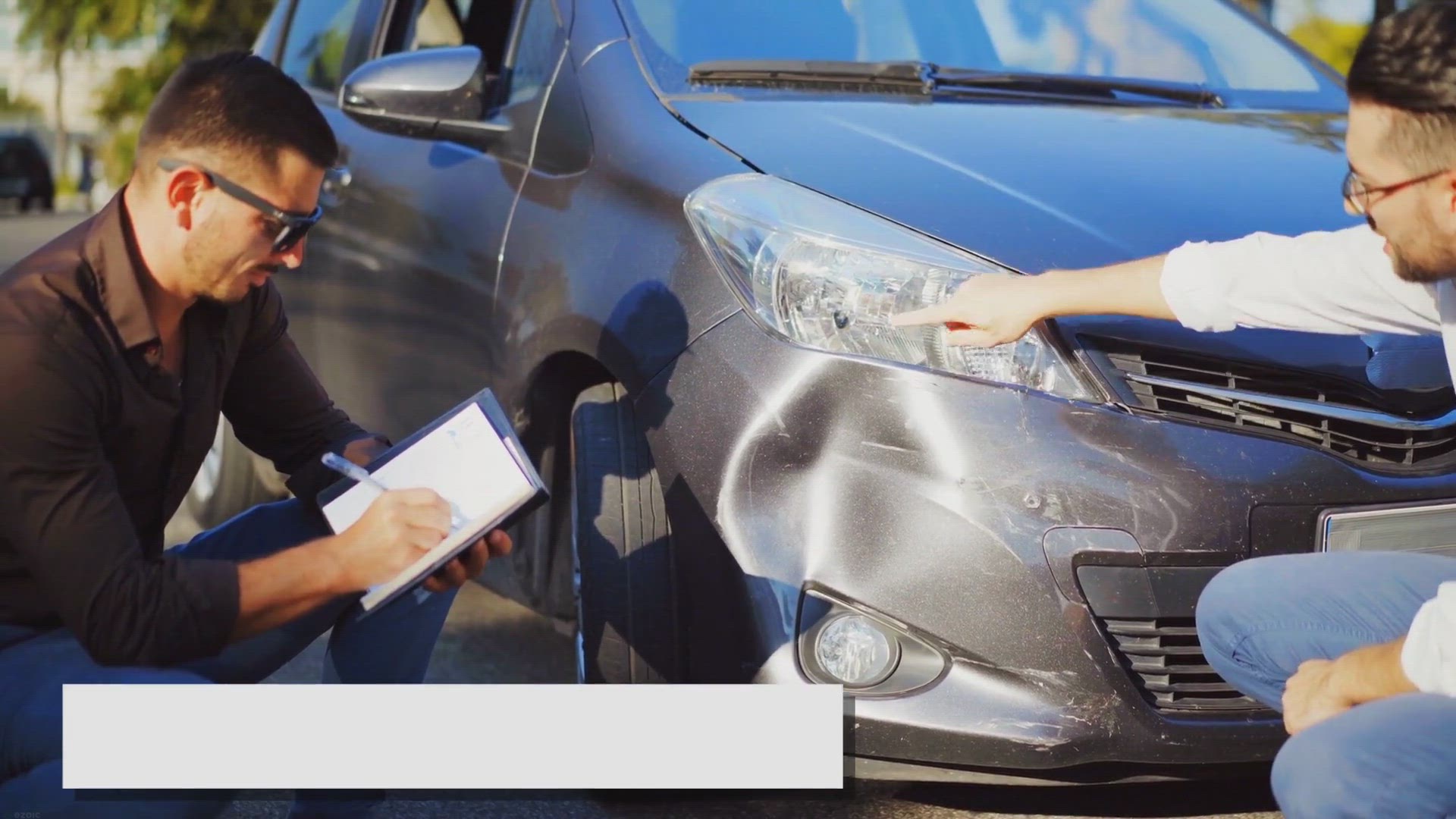
What To Do After A Car Accident Not Your Fault
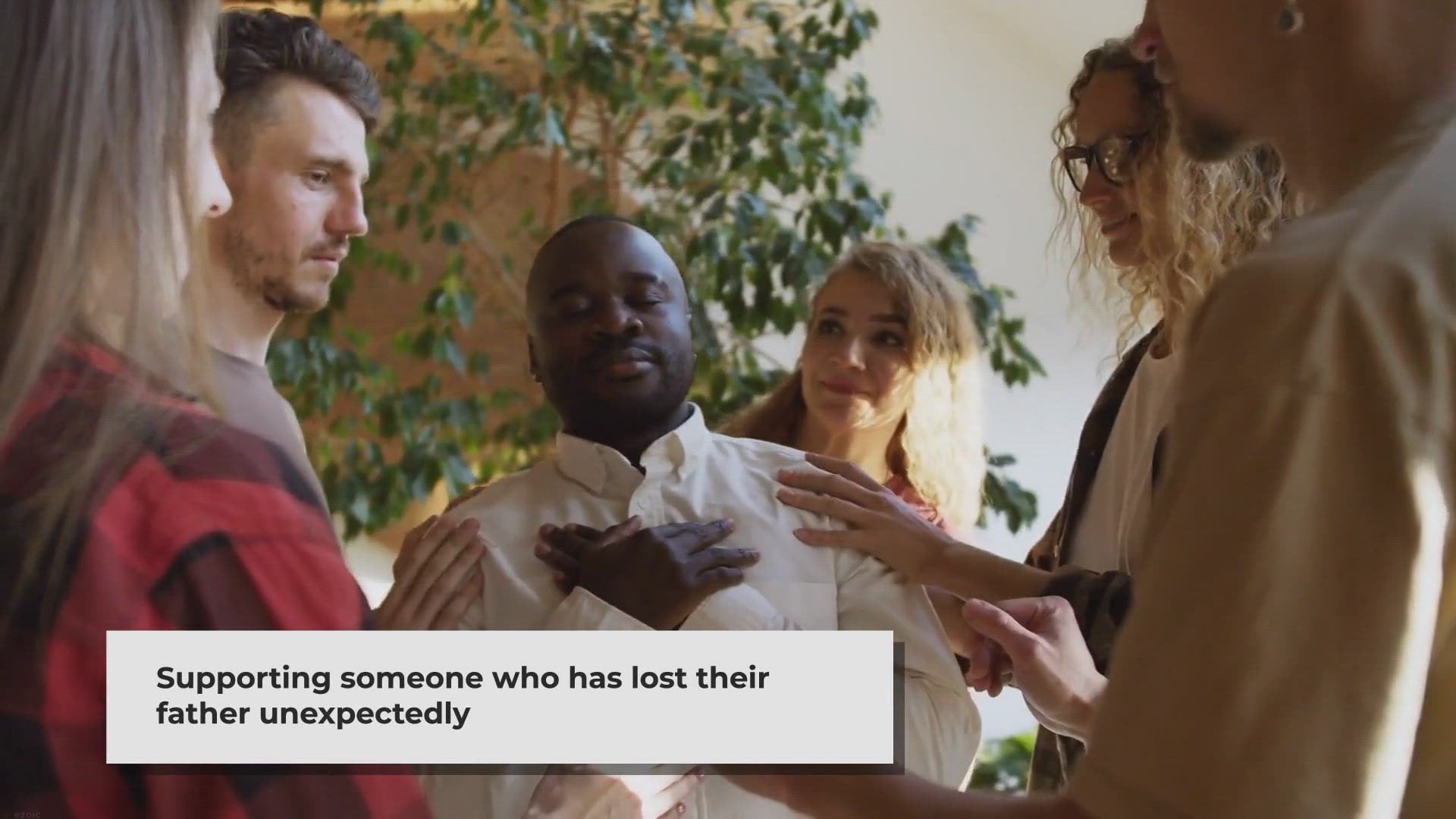
Supporting Someone Who Lost Their Father Unexpectedly: What to Say and Do
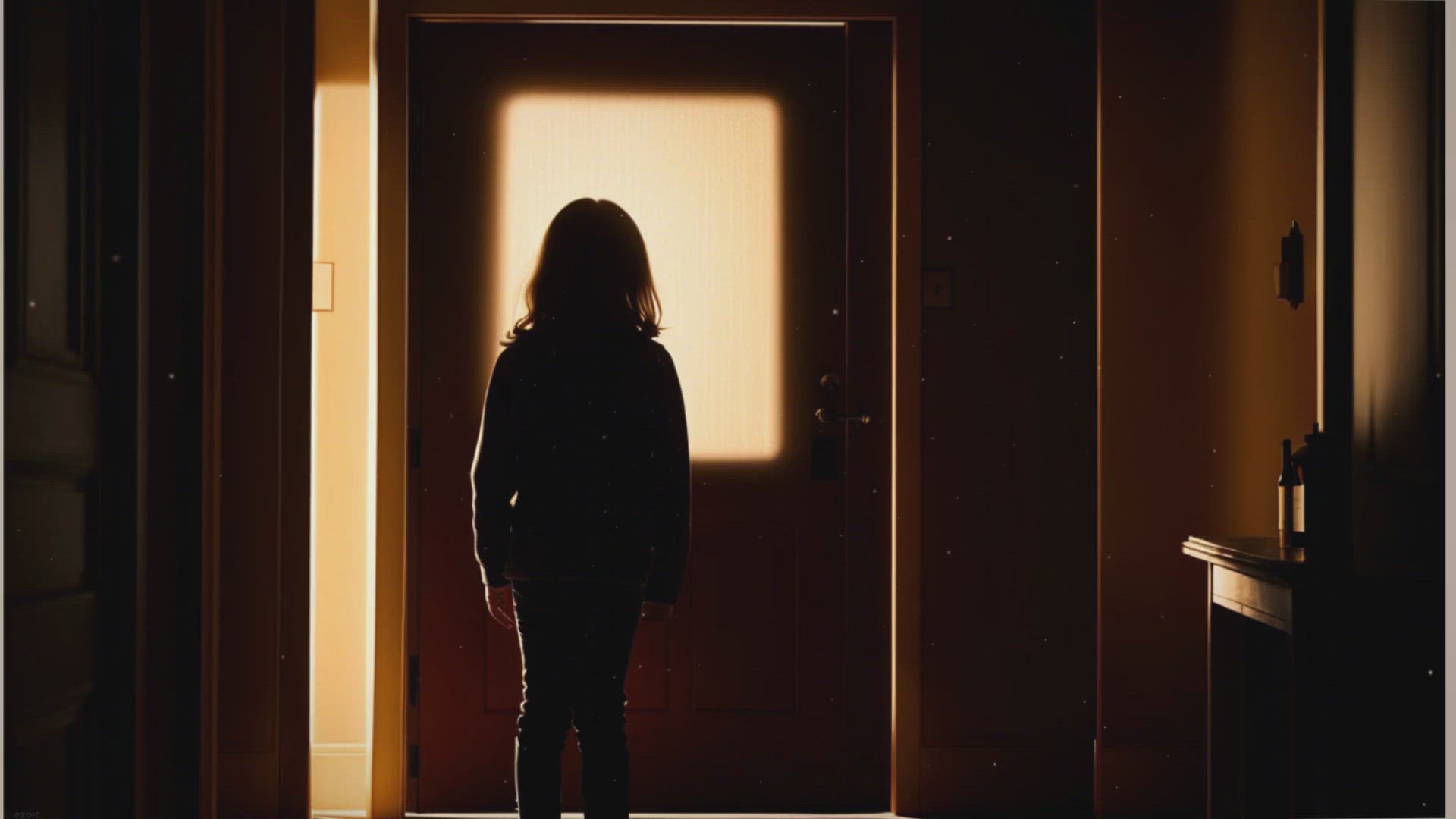
How to Comfort Someone with Family Issues: Providing Support & Understanding
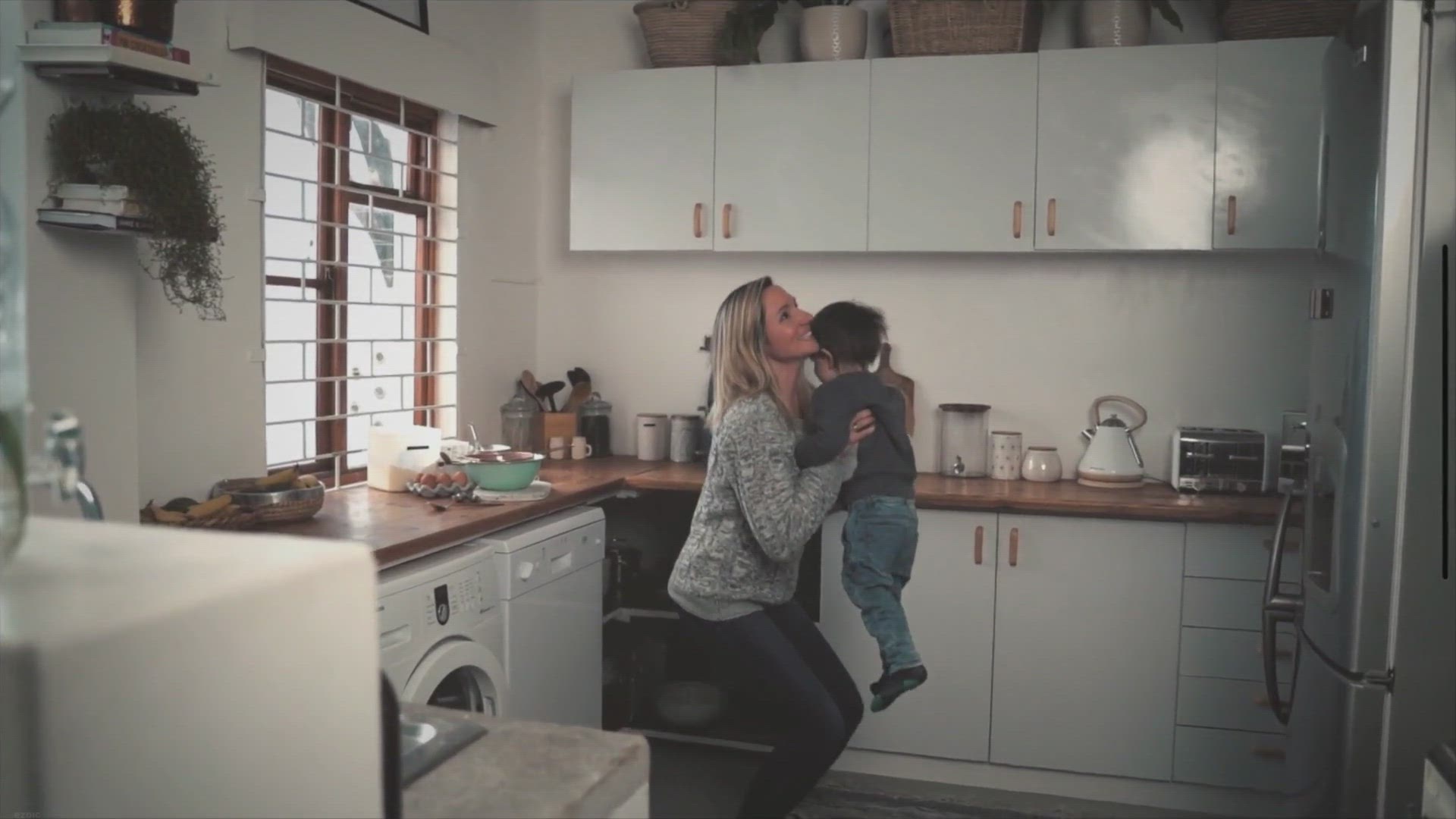
Protecting Your Children From Violence: What Every Parent Needs to Know

How to Foster Emotional Intelligence in Children?
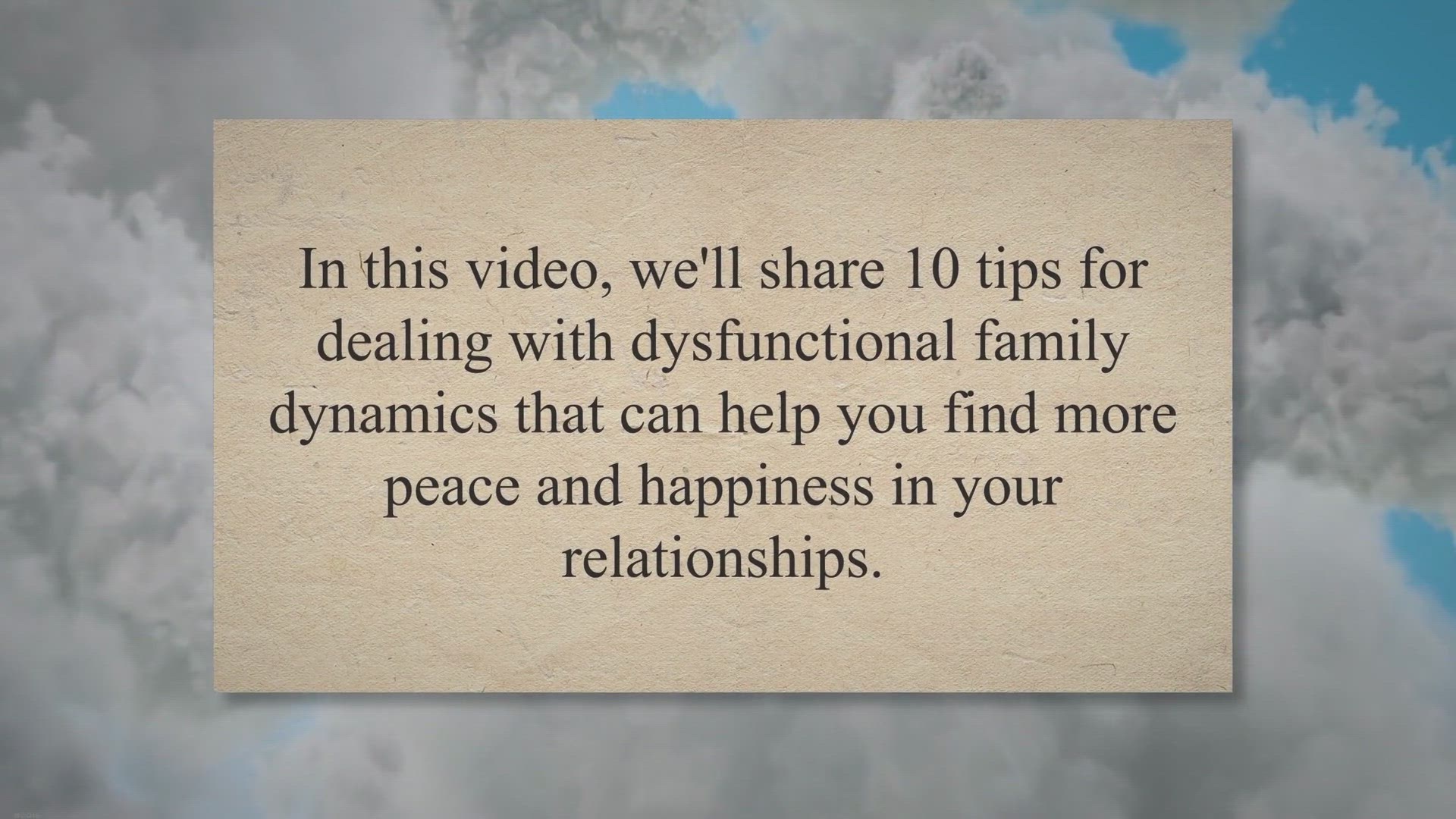
How to Dealing with Dysfunctional Family Dynamics
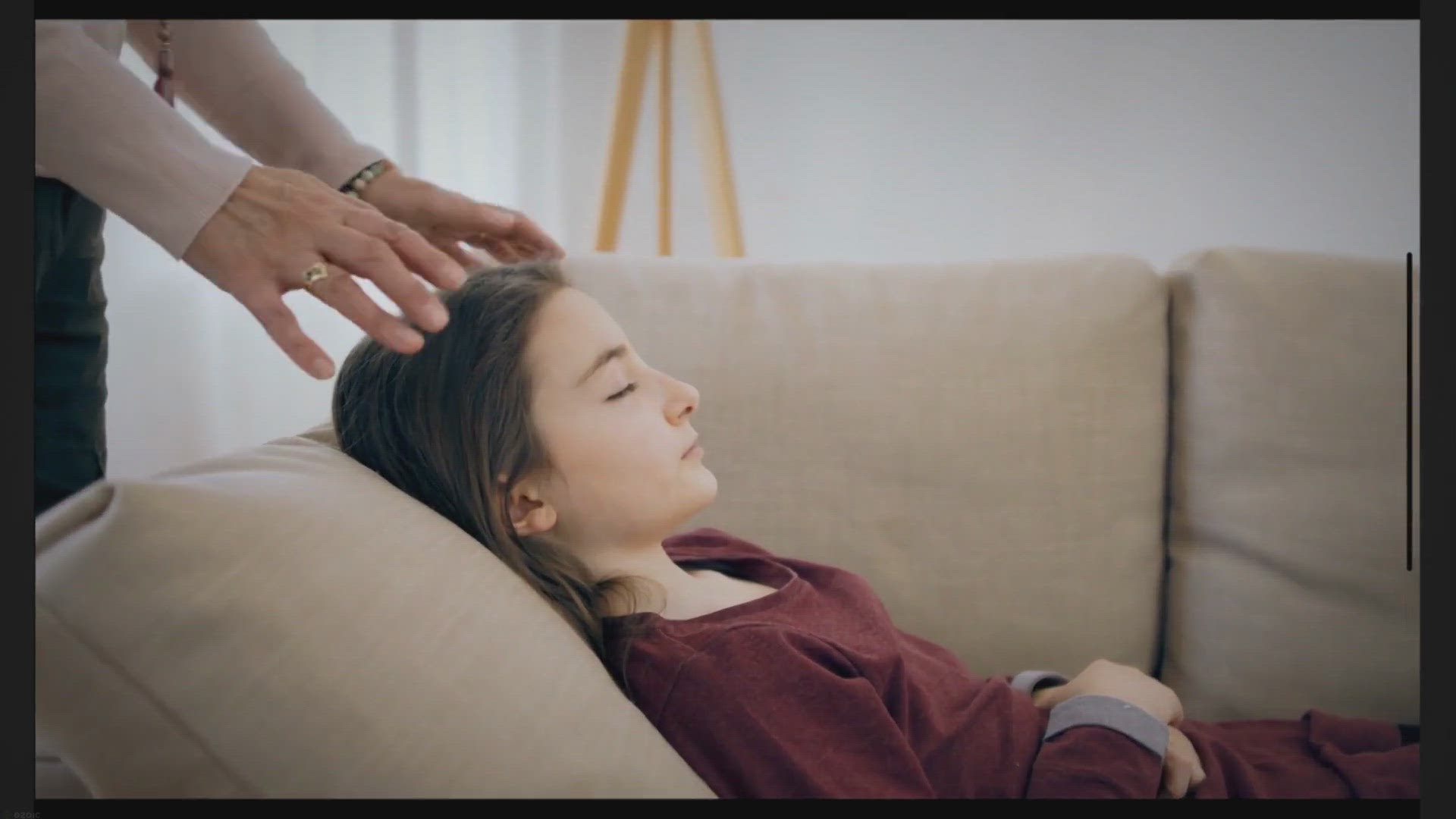
Supporting Your Child’s Mental Health: Top 5 Ways to Help

10 Strategies for Coping with Divorce and Supporting Your Children
Often, the best way to support them during this challenging period is to get back to their normal routine as soon as their health state allows. It's best to no hover over them or show them you're anxious yourself because of the accident – the more normal everything is, the better they will feel.
It's natural for children, and not only, to feel distressed after an accident, and while some have trouble dealing with the aftermath on their own, others get over it on their own.
This article will provide you with some information so you can figure out what you're supposed to do in this period to provide them with the necessary support
How can you tell if your child is dealing with trauma after a car accident?
What might look like a minor accident to you, a child might find it one of the most daunting events of their life because they lack many of the experiences you have. A car crash can upset them in a way that impacts their overall mental health, and it's crucial for you to recognize the signs of distress so you can assist them during recovery. Here is what you should look for:
- If you have a young child who experienced a car accident, you might notice that they regress and start showing behaviours like separation anxiety, thumb sucking, bedwetting, or other similar things they didn't do for a while.
- Kids can also withdraw or engage in disruptive activities when they are distressed because of an accident they experienced. You might also notice that they cannot focus, have nightmares, cannot fall asleep, or deal with physical pain like headaches or stomach aches that have no cause.
- Teenagers and accidents often show signs of distress like a decline of school performance or changes in hobbies and friends. Depending on the emotional impact the accident had, they might even become anxious, depressed or suicidal.
What can you do to help your child deal with the trauma of experiencing a car accident?
Car accidents can be frightening experiences, leaving children with a mix of physical and emotional responses. Some may develop feelings of fear, anxiety, or even post-traumatic stress. Helping them feel safe, understood, and supported is essential for their healing, and if you want to find out more about how to deal with the aftermath of a car accident, this page might help.
There's no secret recipe for this, but you can take a couple of steps to support them on their journey and ensure they benefit from proper care.
Create a Safe Environment
First, prioritize creating an environment where your child feels safe and secure. This might involve establishing routines and ensuring they're surrounded by comforting objects, familiar people, and calming spaces. A stable routine can be reassuring, giving them a sense of normalcy and predictability.
Encourage Open Communication
Children often find it hard to express complex emotions. Encourage your child to talk about their feelings without forcing them to relive traumatic details. Let them know that whatever they're feeling is okay. Use age-appropriate language and ask open-ended questions to help them explore and articulate their feelings. For example, you might say, "How are you feeling about the accident?" rather than, "Are you scared because of the accident?" If they don't want to talk, offer creative outlets like drawing, painting, or playing as an alternative way to express themselves.
Normalize Their Reactions
It's essential to help your child understand that feelings of sadness, anger, fear, or even numbness after a traumatic event are normal. Explain that everyone responds differently to scary experiences, and there is no "right" way to feel. By validating their emotions, you reassure them that what they're experiencing is part of the healing process.
Be Patient and Consistent
Healing takes time, and there is no set timeline for recovery from trauma. Be patient, and avoid pushing them to "get over it" quickly. Consistency in your reactions and responses can help reassure your child that you're there for them. Consistently being a calming, understanding presence can allow your child to open up when they're ready.
Limit Media Exposure
If the accident was covered in the media, or if they seem fixated on accident-related content (videos, news reports, etc.), limit their exposure to it. Seeing or hearing about similar incidents repeatedly can worsen anxiety. Instead, encourage activities that allow them to relax and focus on positive, soothing experiences.
Encourage Professional Help if Necessary
If your child shows signs of prolonged or severe trauma, a child therapist, especially one specializing in trauma, can provide valuable support. Therapies like cognitive behavioural therapy (CBT) and play therapy are often helpful for children dealing with trauma. They can provide coping skills tailored to your child's needs, making them feel more in control and less fearful.
Model Healthy Coping Mechanisms
Your child may take cues from you on how to handle emotions. Demonstrate healthy ways of coping, like talking about your feelings in a calm way, taking deep breaths when anxious, and practicing self-care. Your behaviour will teach them that it's okay to feel a range of emotions and that there are constructive ways to manage them.
Promote Self-Care and Relaxation
Encourage activities that your child finds soothing or enjoyable, whether it's spending time with pets, listening to music, or playing games. Help them learn relaxation techniques like deep breathing, mindfulness, or simple stretching. These methods can ease anxiety and give them tools to manage difficult emotions independently.
What's more to say?
Supporting a child through trauma after an accident requires sensitivity, patience, and understanding. The goal is to help them feel safe, validated, and gradually empowered to process their emotions. With time and the right support, most children can recover well from traumatic events and regain a sense of normalcy.